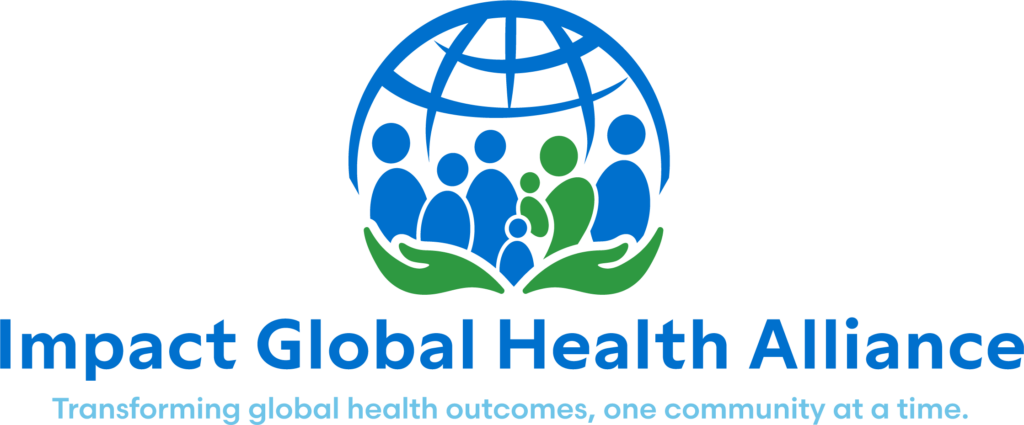Sustainable Solutions
Impact Global Health Alliance Global, a international nonprofit, established Casas Maternas in three municipalities located in the isolated northwestern highlands of Guatemala. Casa Maternas of Guatemala’s location was picked because of the extremely high maternal mortality ratio (636 maternal deaths per 100,000 live births). Casas Maternas primary focus is on new and expecting mothers and their wellness. The services that Casa Caternas provides are life-changing. The trained instructors encourage local accountability through staffing local people. Also they provide a safe environment where cultural norms and traditions are respected. Traditional birth attendants encourage patients for delivery at the Casas Maternas. This is because trained staff and proper medical supplies are easy to access.
The women of these villages are up to 67 times more likely to die in childbirth than a woman in the United States. Medical professionals only attend around 25% of all births in rural Guatemala. Instead, traditional Mayan birth attendants called comadronas, provide in-home care during deliveries. The comadronas usually have no formal training and work where women are often giving birth with little to no help or resources.
What are Casas Maternas?
A Casa Materna is a strategically placed, community built and owned birthing center. The staff is made up of indigenous health professionals who deliver respectful, culturally appropriate care. The Casa Materna Rural model, has a great demand-gathering community health outreach programs. It is due to a highly effective and low-cost solution for reducing mother and child mortality in forgotten rural populations.
More than just a birthing center
These clinics are also temporary homes for mothers who are experiencing complications in their pregnancies. The complications put them at risk of losing their child and possibly their own lives. By relocating rural women closer to the Casa Materna they are able to receive food, shelter, education, transportation, and support one to two weeks before and after delivery. Some women travel far to receive care at Casas Maternas.
The Casa Materna Rural project brings added value to the community it serves. Notable examples include:
- The goal is to decrease mother and children death rates in the region.
- The Casa Materna employs local Guatemalans who are invested in the community.
- U.S. operations are all volunteer-run.
- Continuing education is provided for the trained birth attendants as well as the local comadronas.
Article written by Nikita Gandhi, Events and Outreach Intern
Want to stay connected to the world Impact Global Health Alliance Global does everyday all over the world? Go to our website to donate, sign up for our newsletter, send us an email, or check out our social media pages and give us a like, comment, or follow.






